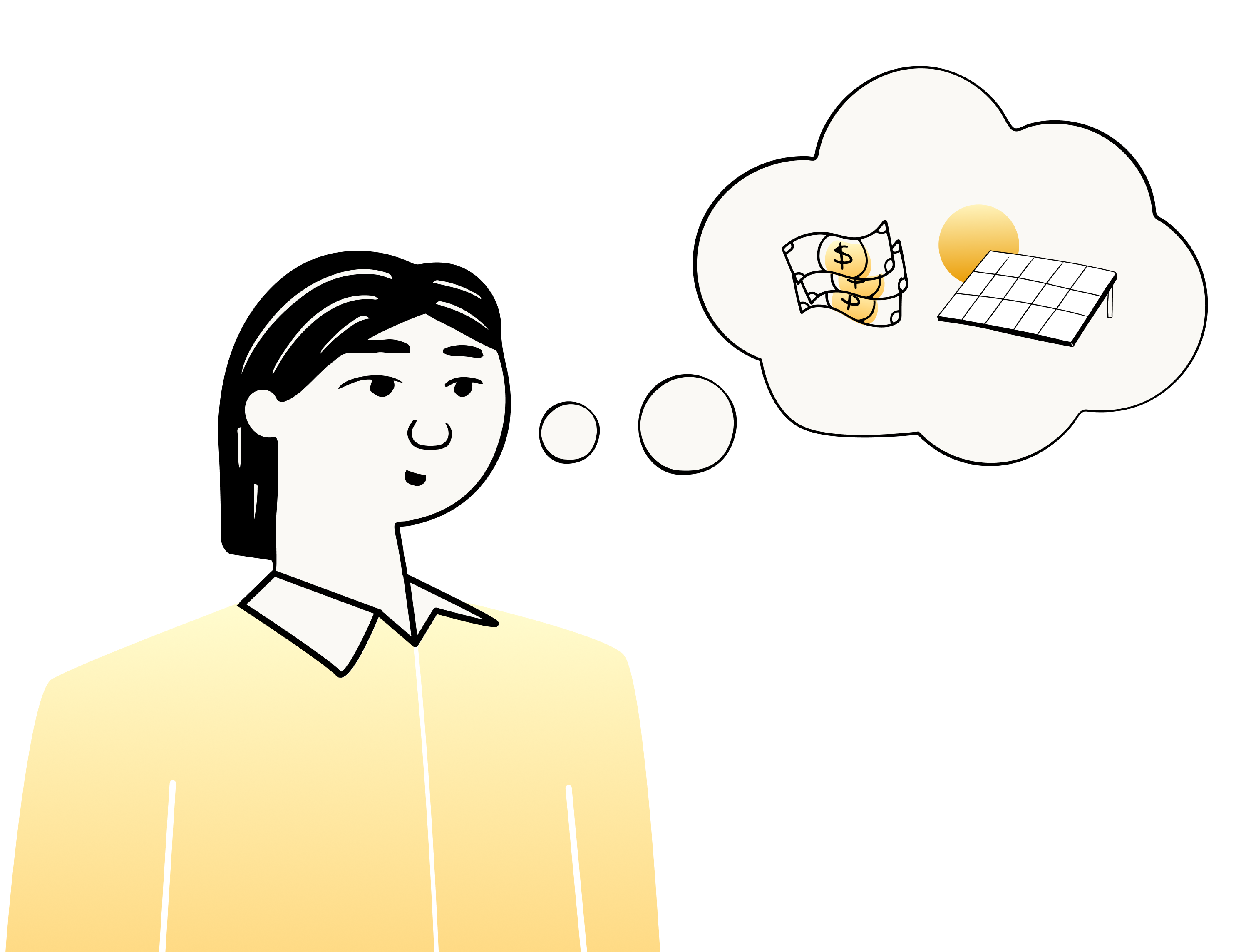SolShare Pays Investor Dividends for 8th Year
New Share Offering Coming in April
For the eighth year in a row, since establishing in 2014, SolShare Energy paid a dividend to our community of investors. For the period from January 26, 2021 to January 26, 2022, investors received $1.99 per C2 share, which was an annualized dividend yield of 4.0%.
SolShare Energy currently operates two solar energy plants in Vancouver. These plants are owned by our community of local residents, along with Vancouver Renewable Energy Cooperative, our operating partner.
A contract has been signed to build a third plant in the spring of 2022. In April there will be a share offering to raise capital for this plant. BC Residents will have the opportunity to become joint owners of this project for as little as $1,000 and receive annual dividends. If you’re interested in joining SolShare for our next investment, please join the wait-list at https://www.solshare.ca/contact-us/
About SolShare Energy
SolShare Energy is BC’s first community-owned solar energy investment program. SolShare’s mission is to enable investors to share in ownership of a diverse portfolio of renewable energy installations throughout BC that offer financial, social, and environmental returns. Solshare Energy is a project of Vancouver Renewable Energy Co-operative(VREC).







Recent Comments